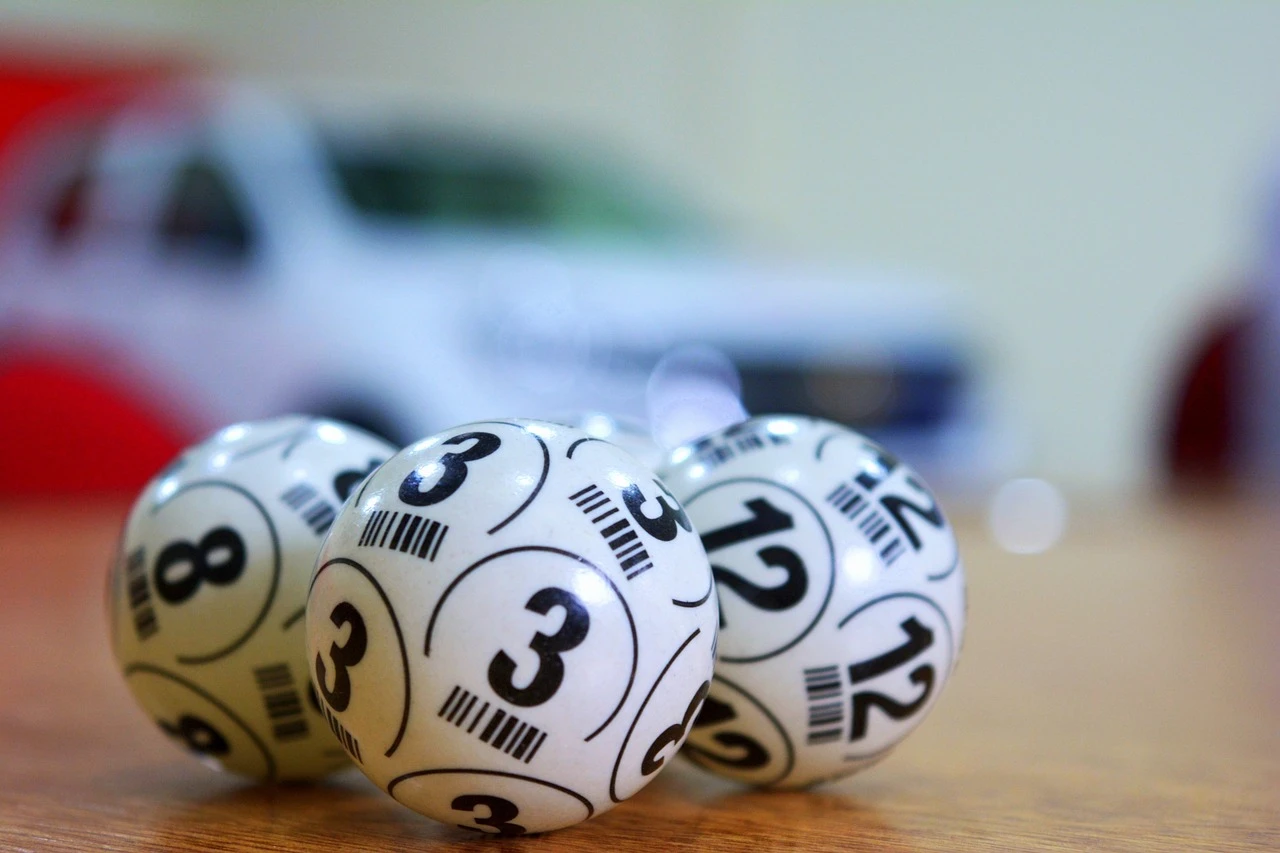Dutch government confirms Nederlandse Loterij and Holland Casino will not be privatised

The Dutch government has announced that the country’s national lottery, Nederlandse Loterij, will not be privatised and instead remain under state control.
The possibility of privatising the monopoly was first discussed during a parliamentary committee debate in November last year.
The government was considering relinquishing control of Nederlandse Loterij and handing it to a private party. However, in an update published Tuesday, it said privatisation of Nederlandse Loterij is not currently “feasible and proportionate”, with the current setup to continue.
Going into further detail, the government said such a change was not in line with its vision on gambling. Part of this vision includes leaving the Dutch lottery market unchanged and instead focus on evolving the country’s online market.
The government also noted that privatisation would require major changes to legislation and regulation, which could in turn leave players at risk of gambling-related harm. It said this is not “desirable” and does not want to run the risk of harming consumers.
Nederlandse Loterij privatisation may be a future option
State Secretary Tjebbe Van Oostenbruggen (taxation, tax authorities and customs) and State Secretary for Legal Protection Teun Struycken announced the decision in a statement to the Dutch House of Representatives.
In his letter submitted to parliament, State Secretary Van Oostenbruggen said the government may look at privatisation again in the future. He reiterated, however, that now would not be the right time for such a large-scale change.
Van Oostenbruggen said any future decision on the state lottery must be in accordance with “the vision of the department responsible for policy”.
“The government will retain the Nederlandse Loterij as a state-owned company for the time being,” he said. “Citizens will retain access to a party that is structured differently from commercial gambling providers.
“In doing so, the government also wants to take responsibility in a market that clearly also has negative aspects and ensure long-term stability.”
He referred back to Struycken’s presentation to parliament in February on reforming current online gambling regulations and putting a bigger emphasis on player protection.
His recommendations at the time included increasing the minimum age for “higher-risk” verticals like online slots, to 21, as well as tougher advertising restrictions for operators. An updated gambling act bill is expected by the end of this year.
“This more restrictive policy leads to additional measures and stricter legislation and regulations for both the legal supply and for tackling the illegal supply,” Van Oostenbruggen said in his letter.
Lottery boss keen on independence
The announcement was met with a mixed response from Nederlandse Loterij CEO Arjan Blok. He said that, while he understood the government’s decision, it maintained the lottery would like independence from the state to better compete in the regulated market.
“Nederlandse Loterij wants to be the most responsible gambling provider,” he said. “We can be and remain that if we can structurally compete with international competitors on the Dutch market. It is precisely in order to maintain this position that Nederlandse Loterij is in favour of independence.”
Blok also welcomed comments from the government that it would re-evaluate its holding in Nederlandse Loterij in the future. This, as hinted at by the government, could result in the privatisation of the lottery at some point.
“It is good to see that the government appreciates the important pioneering role of Nederlandse Loterij and underlines the strategy of our company,” Blok said. “Furthermore, it is positive that the government will re-evaluate the shareholding in Nederlandse Loterij in the long term.
“With a safe and responsible range of games of chance, Nederlandse Loterij will continue to perform its social tasks. Because participating is fun, but it should also remain fun.”
Holland casino will also not be privatised
Elsewhere, the state secretary’s letter addressed the impact of recent gambling tax hikes on monopoly land-based operator Holland Casino. It said the government would also not privatise Holland Casino, but it was in talks with the operator to mitigate the impact of increased taxes.
In August, Holland Casino Chief Executive Petra de Ruiter warned any further tax increases would make it impossible for Holland Casino to operate profitably. She went as far as to say the 7.3% rise would be “irresponsible”.
The first iteration of the gambling tax hike came into force in January, with the second expected in January 2026.
“The focus for Holland Casino must currently be on ensuring the continuity of the organisation. In the committee debate on state participations of 28 November 2024, I indicated that I am in discussions with Holland Casino about the impact of the increase in gambling tax. This increase is putting pressure on the continuity of the company. These discussions are about measures that can promote recovery and options to tackle the challenges,” Van Oostenbruggen noted in his letter.
The operator has commenced a number of measures to protect it from the tax impact, including a reorganisation of the head office, reducing marketing costs, adjusting the opening hours and game proposition and range and closing a branch in Zandvoort and various other cost savings.
A payment break for the tax debt that Holland Casino built up during the Covid-19 pandemic has also been agreed with the tax authorities, in addition to an agreement on a longer repayment term for this tax debt in order to improve the liquidity position.
“Holland Casino will have to develop new measures in the coming period in order to remain viable in the long term,” Van Oostenbruggen added.
